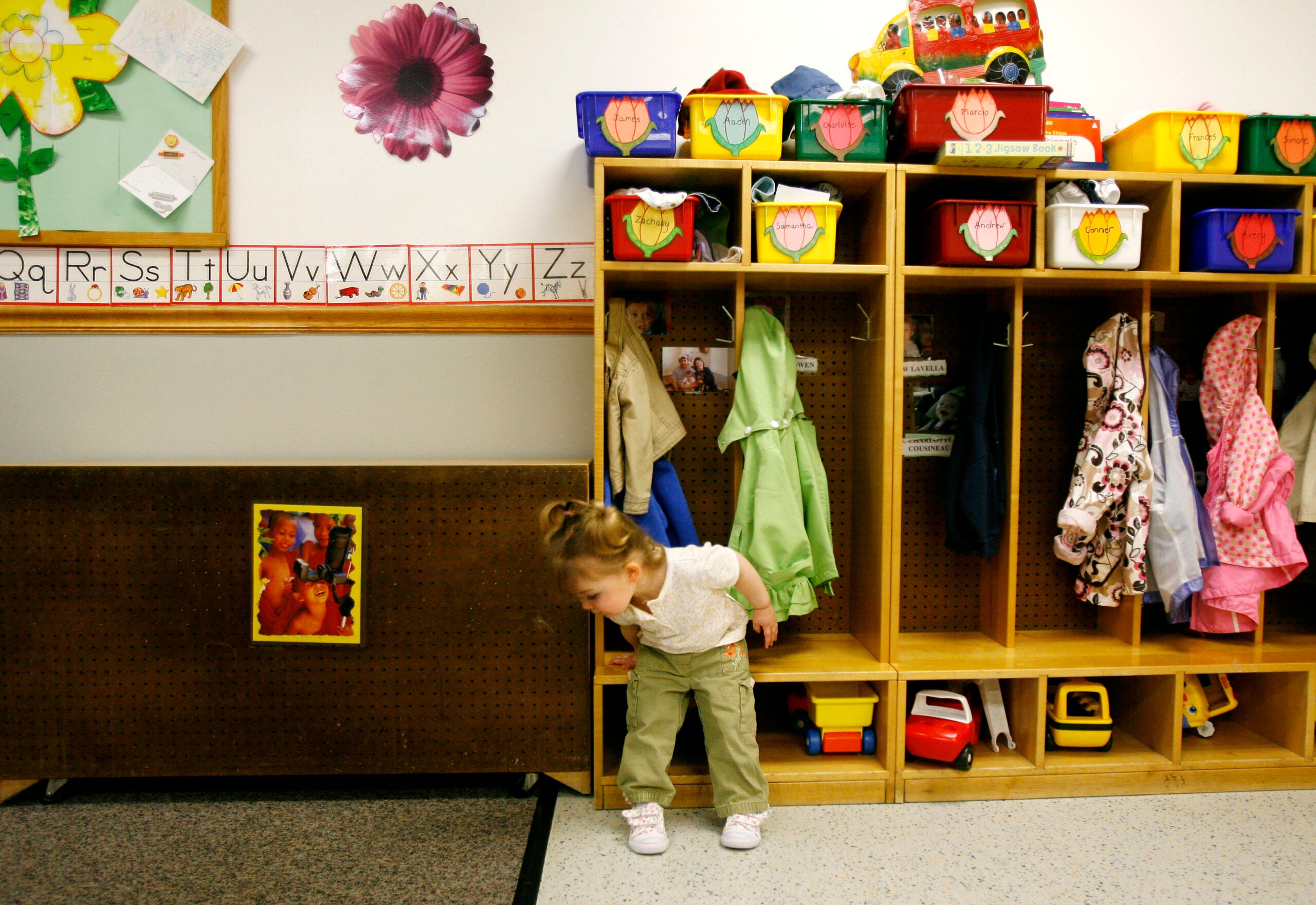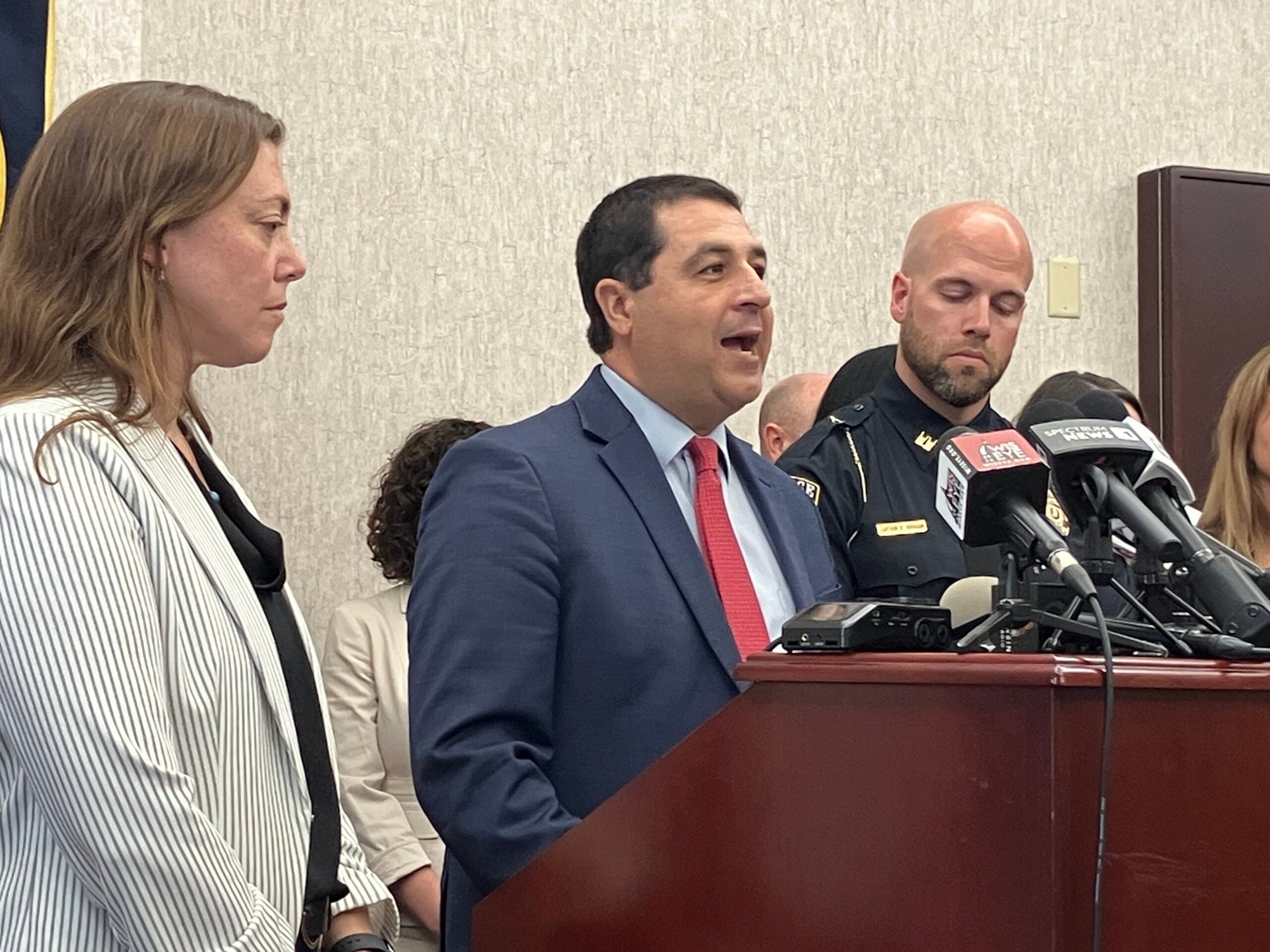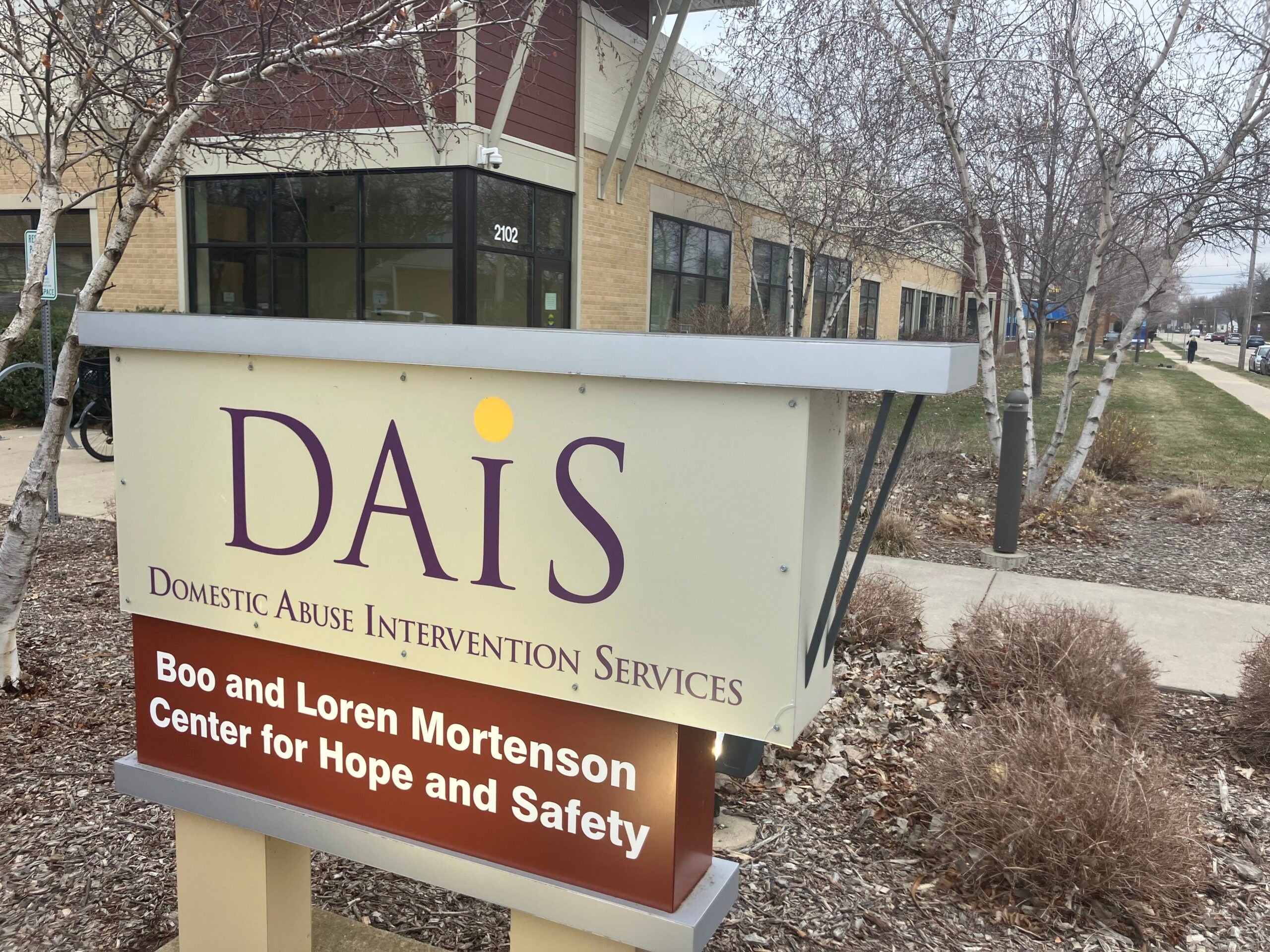Child advocacy centers in Wisconsin are calling on state lawmakers to support their work ahead of a significant reduction in federal funding for victim services.
The centers allow law enforcement, child protective services and medical providers to coordinate their response to children who are victims of abuse or neglect through forensic interviews and often medical care.
Like programs for domestic violence and sexual abuse survivors, child advocacy centers receive federal grant funding distributed by the state through the federal Victims of Crime Act, or VOCA.
News with a little more humanity
WPR’s “Wisconsin Today” newsletter keeps you connected to the state you love without feeling overwhelmed. No paywall. No agenda. No corporate filter.
Dr. Kristen Iniguez leads the Marshfield Child Advocacy Center, which serves around 300 children each year from more than 20 counties in northern Wisconsin. Before her center started receiving VOCA funds in 2015, Iniguez said she was only able to hire two other staff members.
“We now have two forensic interviewers on staff. We also have educators,” she said. “VOCA was really a boon for (child advocacy centers) to be able to expand those very important services for children and for what we call the non-offending caregiver.”
In the past, Wisconsin has received around $44.5 million annually for VOCA grants. But starting Oct. 1, the state will only see roughly $13 million.
VOCA grants are funded through the Crime Victims Fund which is financed through federal fines and fees paid by people convicted of a crime. But that fund has been shrinking over the last several years.
Without the same level of VOCA funds, Iniguez said the future of these services is unclear. The state Department of Justice awards each child advocacy center with a $17,000 grant to support some services. But Iniguez said that is not nearly enough to keep operations running, especially when the average cost per child at her center is $1,849.
She said child advocacy centers don’t have access to other state funding sources that exist for domestic or sexual violence programs, leaving few options to make up for the upcoming cuts.
“I’m in rural Wisconsin; there isn’t a lot of fundraising to be had,” Iniguez said. “So I don’t have a fix if we get cut very drastically.”
Advocates say state legislation would keep services operating
The state’s child advocacy centers are hoping a bill currently moving through the state Legislature will prevent the funding shock by increasing state funding for the centers to $150,000 annually.
The legislation has bipartisan support in both the Assembly and Senate. Iniguez spoke in support of the legislation at a recent public hearing held by the Senate and plans to speak at an Assembly hearing on the bill on Thursday. She said her goal was to help lawmakers understand what the children she serves go through.
“In many cases, especially with the kids that I see, they don’t have a voice,” Iniguez said. “They can’t talk about what happened to them, and so that’s where the physical exam and workup come in … We give them that voice.”
The same legislation would increase DOJ grant funding for programs serving sexual assault survivors by $7 million in the current fiscal year and $18 million in the next year. It would also increase grants for domestic abuse services through the state Department of Children and Families by the same amounts.
The Wisconsin Coalition Against Sexual Assault and End Domestic Abuse Wisconsin were among the groups that spoke at the Senate hearing on Jan. 25.
The bill temporarily increases funding for domestic abuse and sexual assault grants because the future of VOCA funding is uncertain. In 2021, federal lawmakers passed legislation to direct more types of monetary penalties to the fund.
A national group of state attorneys general, including Wisconsin Attorney General Josh Kaul, also sent a letter to Congress on Wednesday, calling on federal lawmakers to authorize funding for 2024 to prevent the looming drop.
Jenna Gormal is the public policy director for End Domestic Abuse Wisconsin. During the hearing in January, she said that while the decline in VOCA funding is a federal issue, the impact it will have on survivor services will be felt locally at a time when domestic violence is increasing across the state.
“We need more money now, but we also need to figure out a long-term solution so that we as a state are not subject to these fluctuations,” Gormal told lawmakers.
Laci Pustina is co-director of Hope House of South Central Wisconsin, which provides a helpline, legal services and shelter to survivors of domestic and sexual abuse across five counties.
As the Oct. 1 deadline nears, Pustina said her organization and others like it have already started thinking about what their services will look like if the state Legislature does not approve the additional funding.
She said her organization already has an overwhelming demand for their services. In 2023, she said, they had more than 6,000 calls to their crisis line and provided 4,000 stays at their shelter.
“To think about cutting back on some of those, it’s just not something that we can even fathom at this point because there’s not enough funds right now to go around,” Pustina said. “It’s devastating.”
Wisconsin Public Radio, © Copyright 2026, Board of Regents of the University of Wisconsin System and Wisconsin Educational Communications Board.






